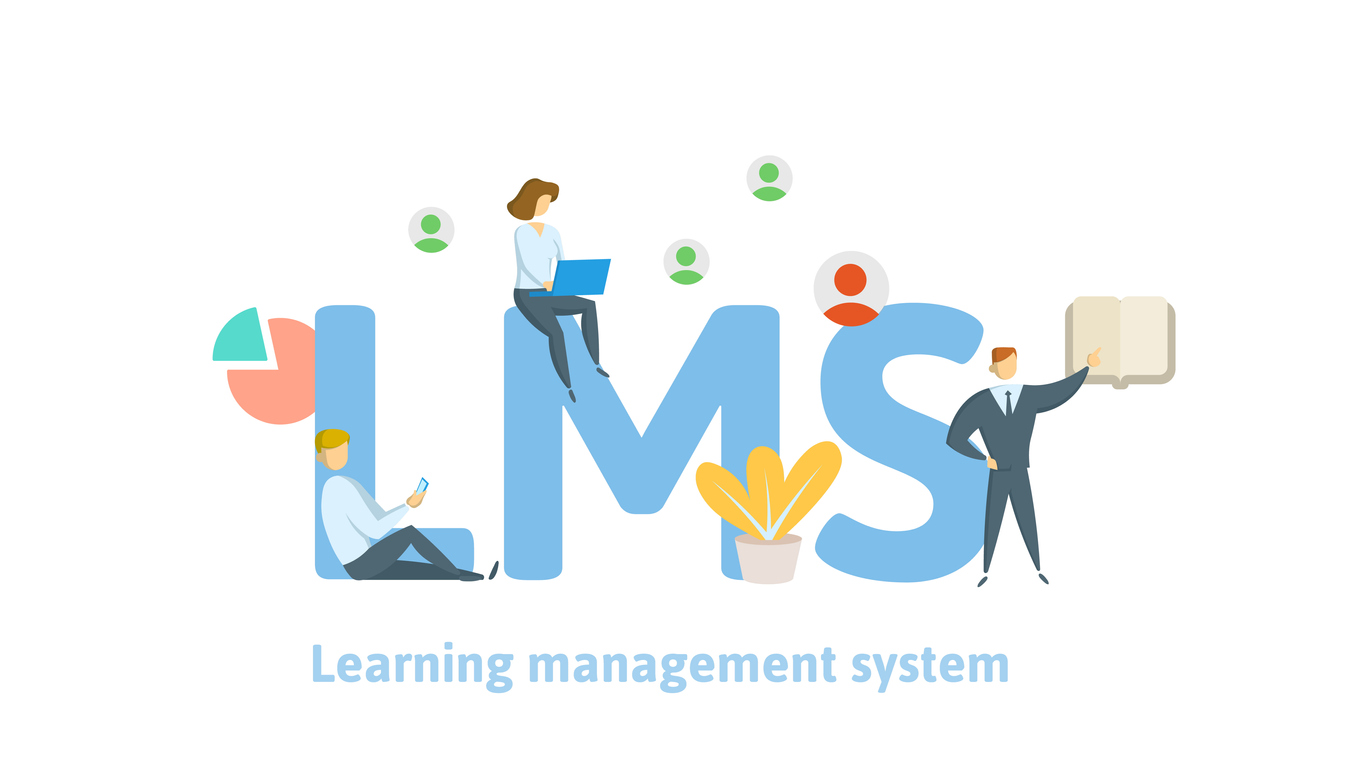
What Makes Learning Management Systems Effective for Learning
A Learning Management System (LMS) is a software application for the administration, documentation, tracking, reporting, and delivery of educational courses, training programs, or learning and development programs. The use of LMSs has grown in recent years, as they can be used to deliver online learning and training programs, as well as to support traditional classroom-based instruction.
The main characteristics of LMSs include:
- Content management: The ability to upload, organize, and manage course materials, such as text, images, videos, and audio files.
- User management: The ability to create and manage user accounts, assign roles and permissions, and track user activity.
- Assessment and tracking: The ability to create and administer quizzes, tests, and other assessments, as well as track student progress and performance.
- Communication and collaboration: The ability to facilitate communication and collaboration among students, such as through discussion boards, forums, and chat rooms.
- Reporting and analytics: The ability to generate reports and analyze data on student performance, engagement, and areas of difficulty.
- Mobile compatibility: The ability to access the LMS on mobile devices and offline.
- SCORM and xAPI compliance: The ability to import and export data and course content using SCORM and xAPI standards.
- Accessibility: LMSs are accessible to students with disabilities and can be used on different devices and platforms.
- Customization: The ability to customize the look, feel, and functionality of the LMS to meet the specific needs of an organization or institution.
- Integration: The ability to integrate with other systems, such as student information systems, e-commerce systems, and analytics systems.
These are the main features that LMSs have, but depending on the specific system, it may have more or less features than others.
Learning management systems (LMS) can be effective for learning because they provide a centralized location for all course materials, allowing for easy access and organization. They also enable interactive features such as discussion boards and quizzes, which can enhance engagement and collaboration among students. Additionally, LMSs often have built-in tools for assessment and tracking progress, allowing teachers to monitor student performance and provide feedback.
Some additional ways in which learning management systems can be effective for learning include:
- Personalization: Many LMSs allow for individualized learning paths, where students can work through materials at their own pace and receive personalized feedback and support. This can be particularly beneficial for students with diverse learning styles or needs.
- Anytime, anywhere access: With an LMS, students can access course materials and participate in activities from any device with an internet connection. This allows for greater flexibility and can be especially beneficial for students who are working or have other commitments outside of class.
- Gamification: Some LMSs include game-based elements, such as points, badges, and leaderboards, which can increase motivation and engagement among students.
- Data tracking and analytics: LMSs often include built-in tools for tracking student progress and analyzing data on their engagement, performance, and areas of difficulty. This can help teachers identify students who may need extra support and make adjustments to their teaching methods or materials.
- Collaboration and Communication: LMSs often include features such as discussion boards, forums, and chat rooms, which can foster collaboration and communication among students. This can be especially beneficial for online or distance learning, where students may not have the same opportunities for face-to-face interaction.
Overall, a well-designed and well-implemented LMS can provide a convenient, flexible, and engaging learning environment that supports student learning and success.